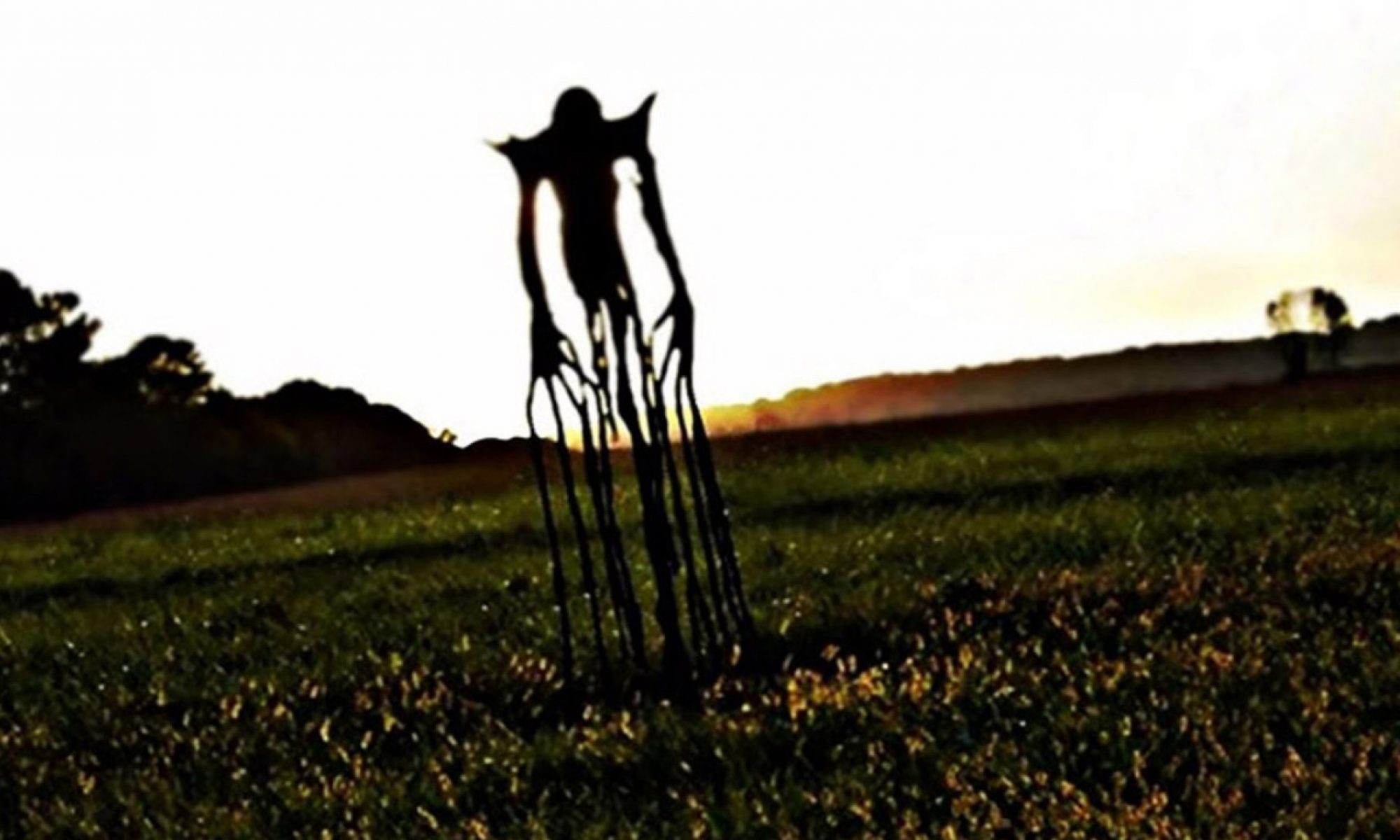 Image picked up from crhserenity.blogspot.com/2014/05/bed-time-stories-legend-of-boogeyman.html%5B/caption%5D
Image picked up from crhserenity.blogspot.com/2014/05/bed-time-stories-legend-of-boogeyman.html%5B/caption%5D
After reading Kocurek’s paper, I was compelled to expand the point of the paper into a broader, more extensive topic. I decided to explore the role and nature of antagonists in video games. I read through papers, articles, interviews, blogs, and forums to try and find some common ground or some idea which was worth investigating. The idea that I find most troubling which seems to surface in every work I read, and that Kocurek’s paper covers is “bad guys”.
The term “bad guy” is used with kids as a shortcut when explaining that some person shouldn’t be trusted, is dangerous, or is generally just someone a child should stay away from. It’s a way of avoiding any explanation and analysis about a situation that a child is usually not capable of at their age, or lacks the experience to connect the pieces even if an explanation was provided.
So why do adults use it in English? (I say in English, because there’s no such thing in either Serbian or Greek, however my knowledge of languages does not extend beyond these three languages, so I can only speak for English) I hear adults use the term all the time, even on TV. I’m sure I recall times when journalists use it to cut to the chase. And it’s a little problematic. As adults, and capable individuals, we shouldn’t ever fall back to such a juvenile way of thinking (it’s not about the term itself, it’s about the connotation of the word and its usage). Are we not capable of understanding another person’s reasons, feelings, and circumstances? To cut to the chase, at its core it displays a lack of empathy (something that children learn to develop over time as they begin to understand their role in the world) (something adults should already have).
There is no such thing as a bad guy. No person is born evil, and no one person is purely evil. Any such belief will only further divide us and create nothing but tension, distrust, and ultimately conflict between people. There are evil acts (acts that violate the rights of others), and people are capable of them. It is still important to evaluate all situations for what they are, setting aside any absolute views and ideas that are purely subjective (bad guys).
